Redefining Sabbath rest
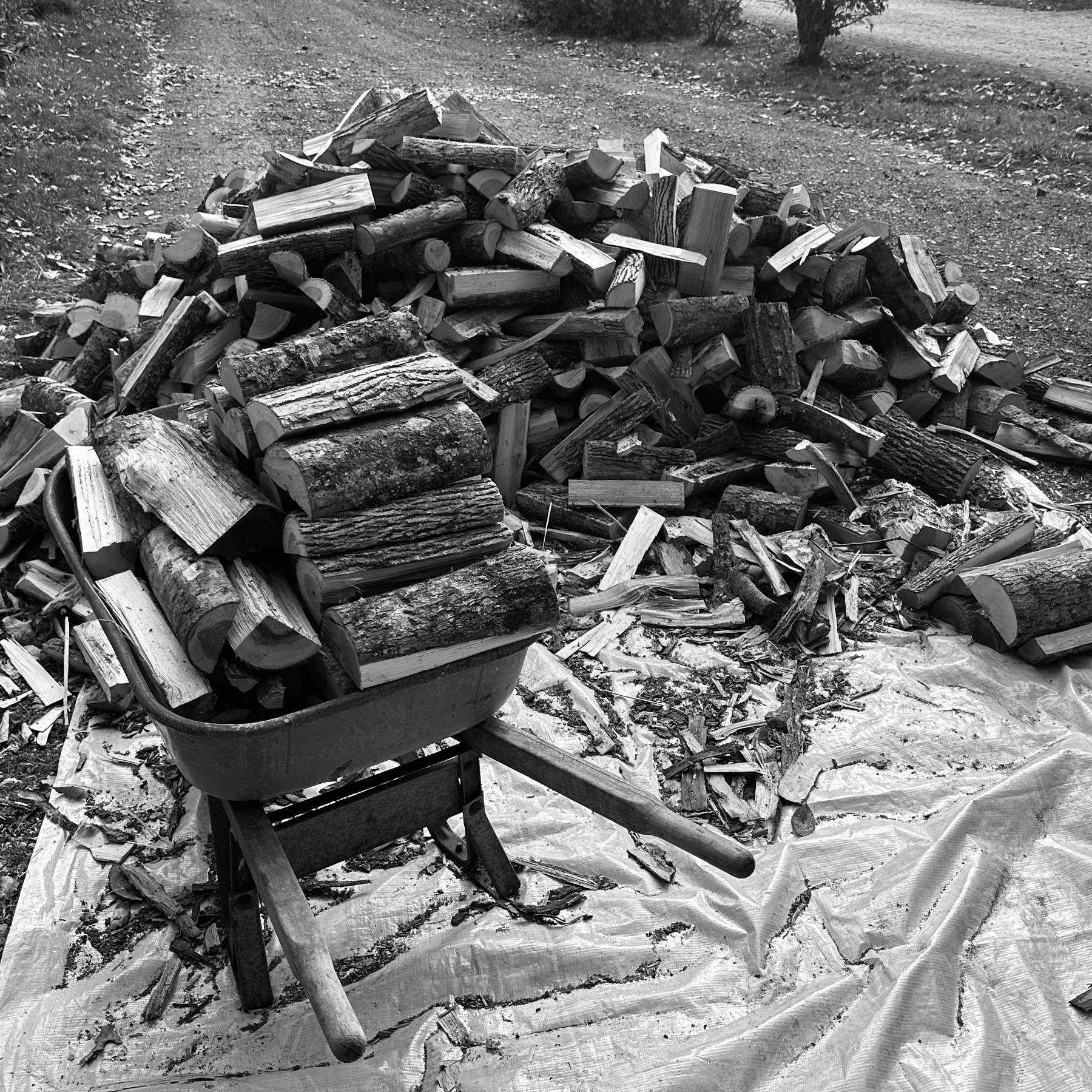
Redefining Sabbath rest

Special delivery
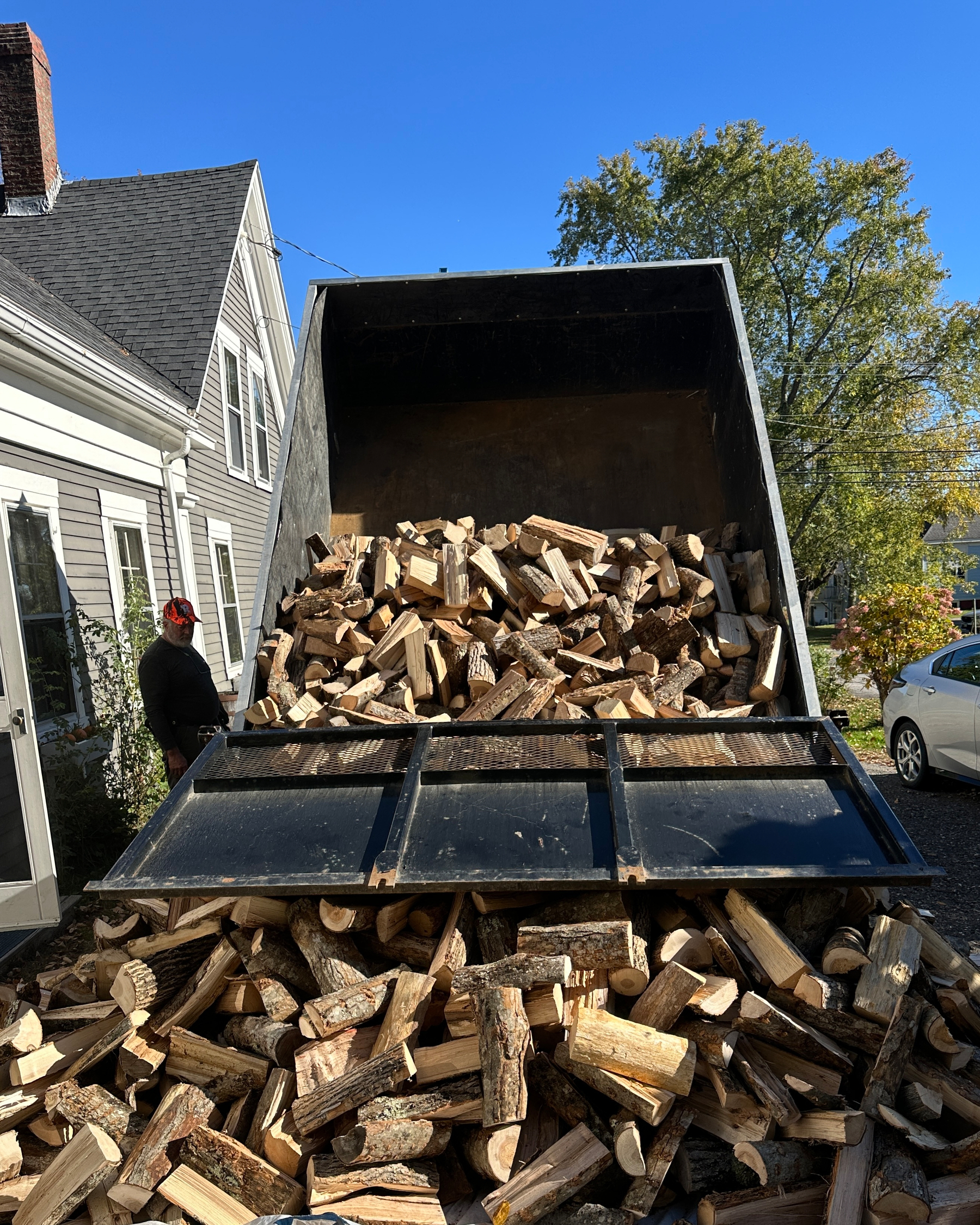
Much of Dilexi te reminds me of Karl Barth’s 1911 trade union address.
Rigorous fideism — “Being justified in believing something and being able to justify it to someone else, especially in a language of that person’s choosing, are not the same thing.”
True story.
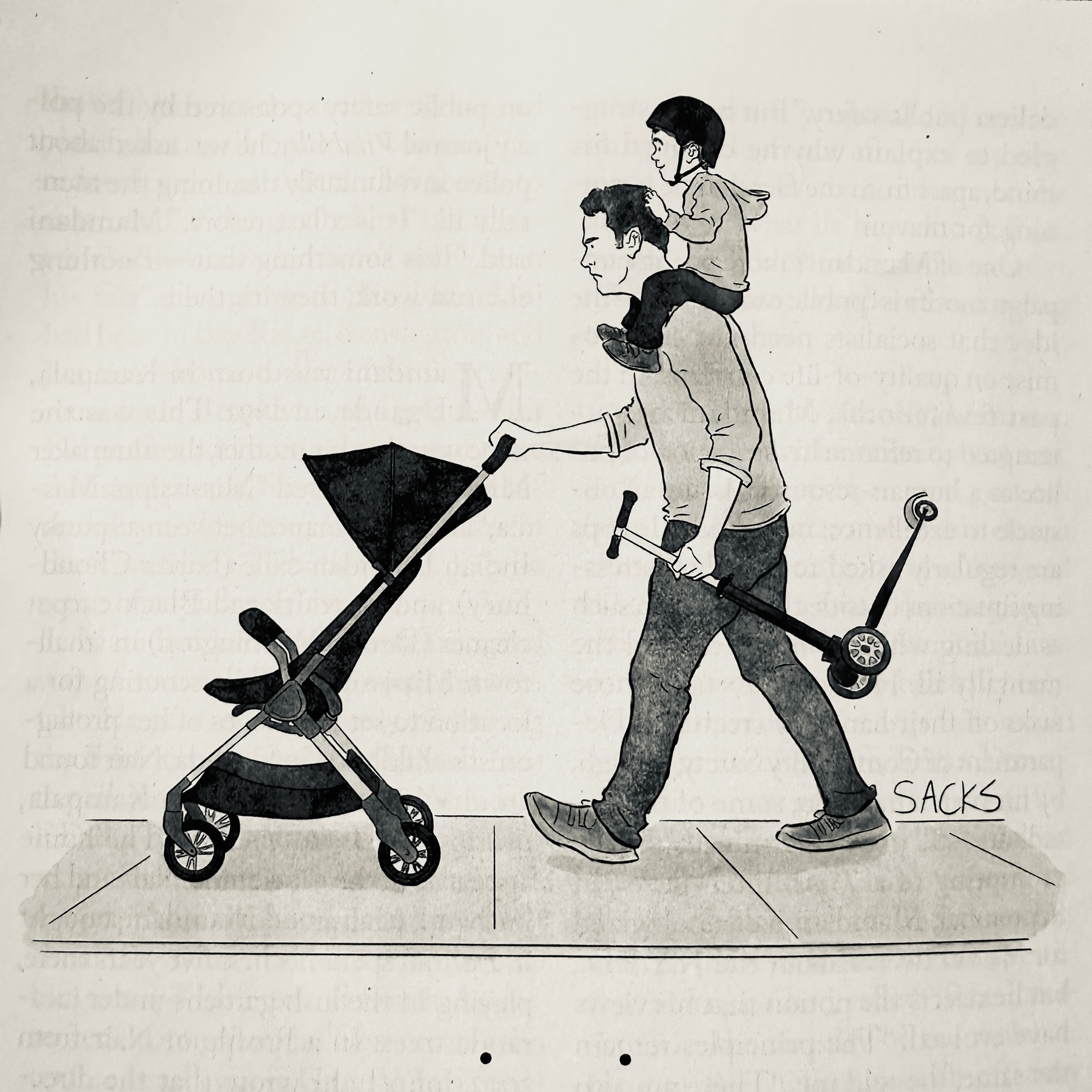
In every rejected migrant, it is Christ himself who knocks at the door of the community.
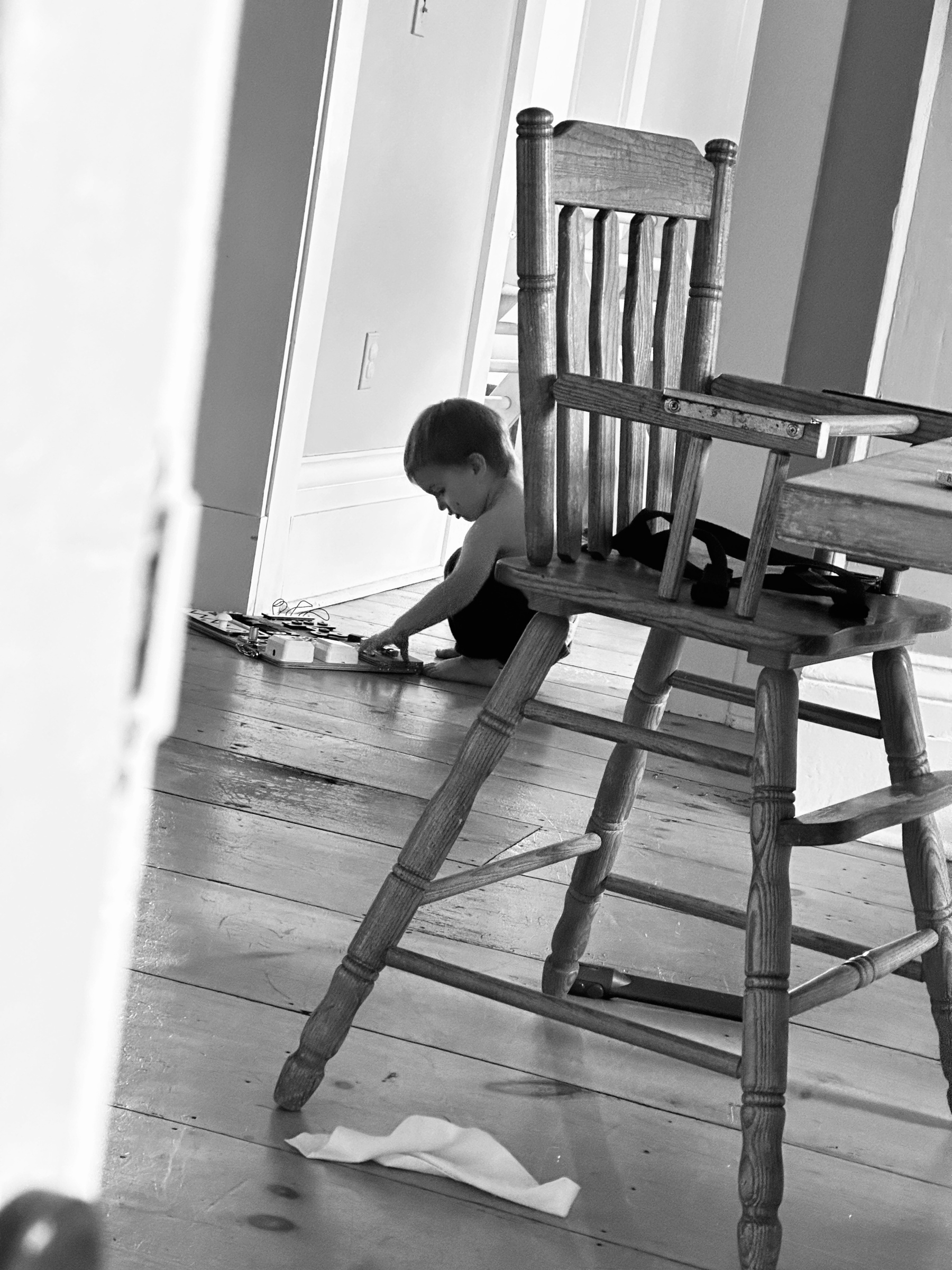
I only share the results of meaningful polls.
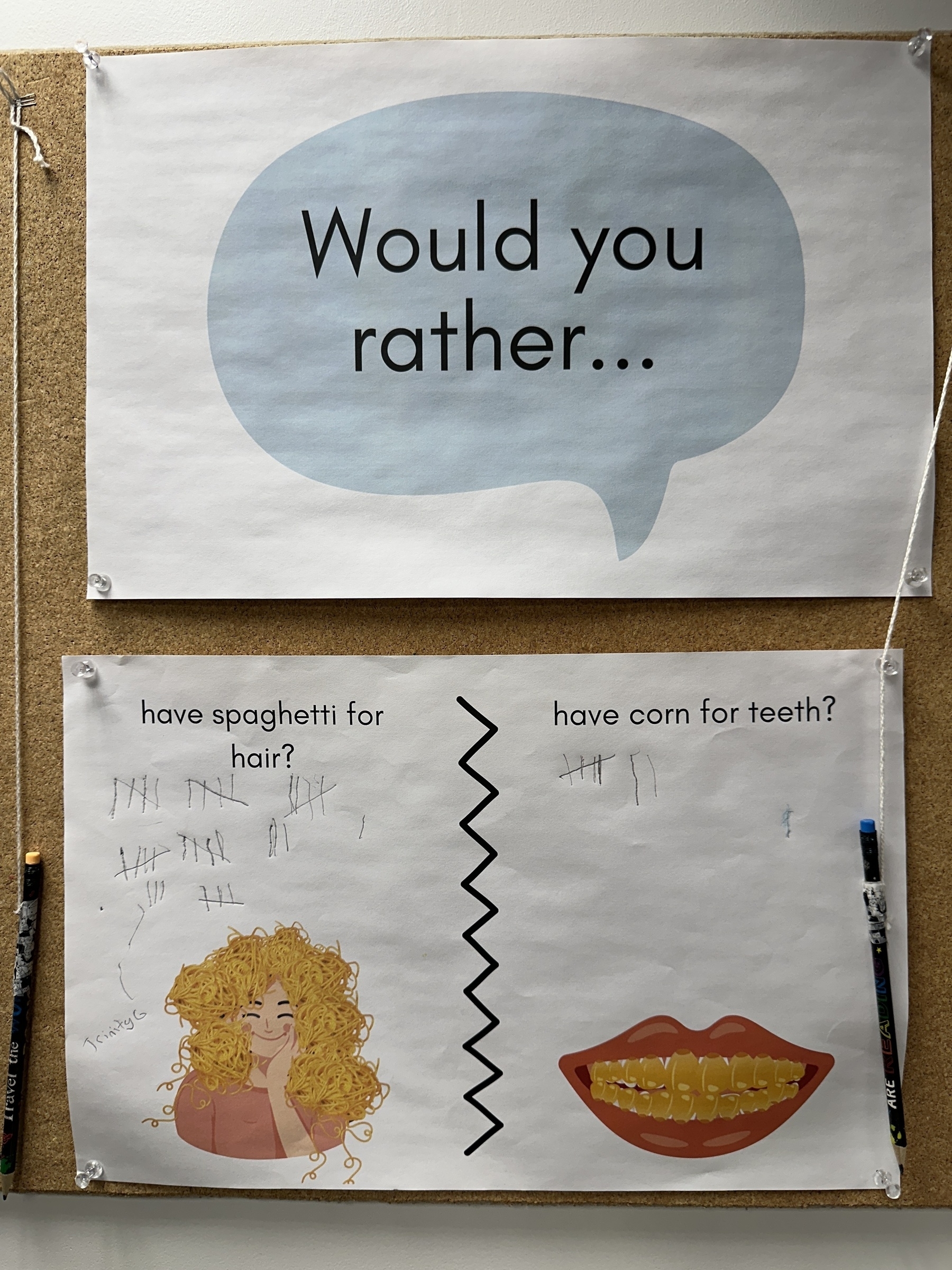
I have a pair of Levis that tore in the crotch a week ago.